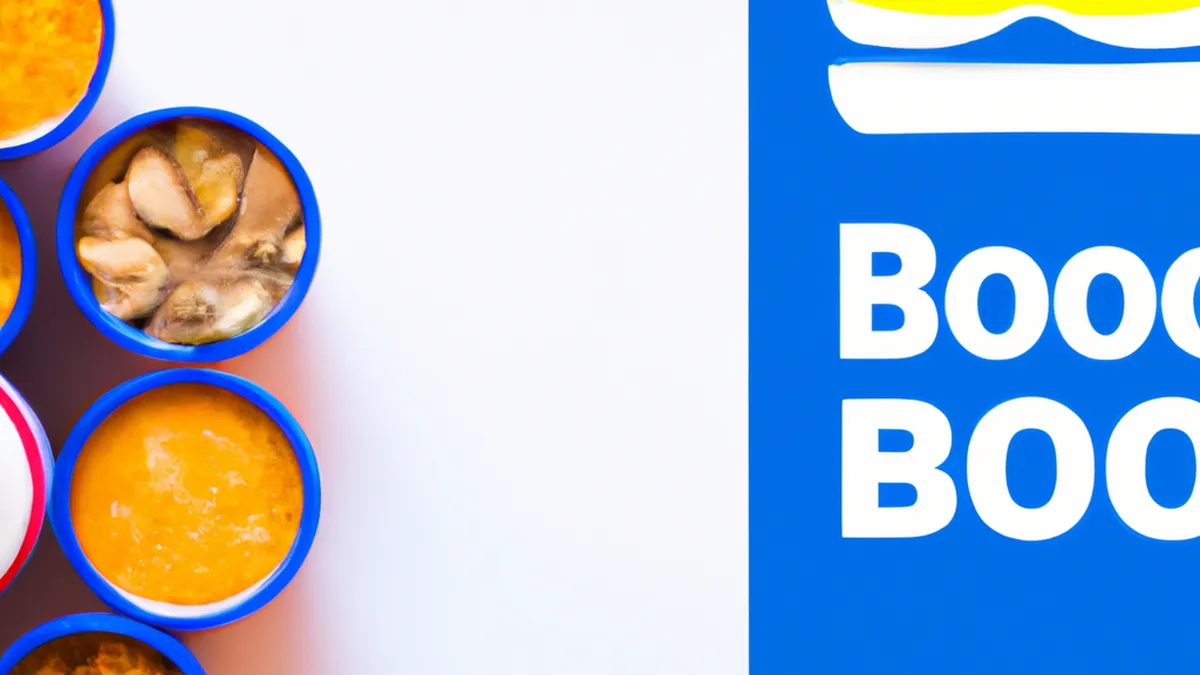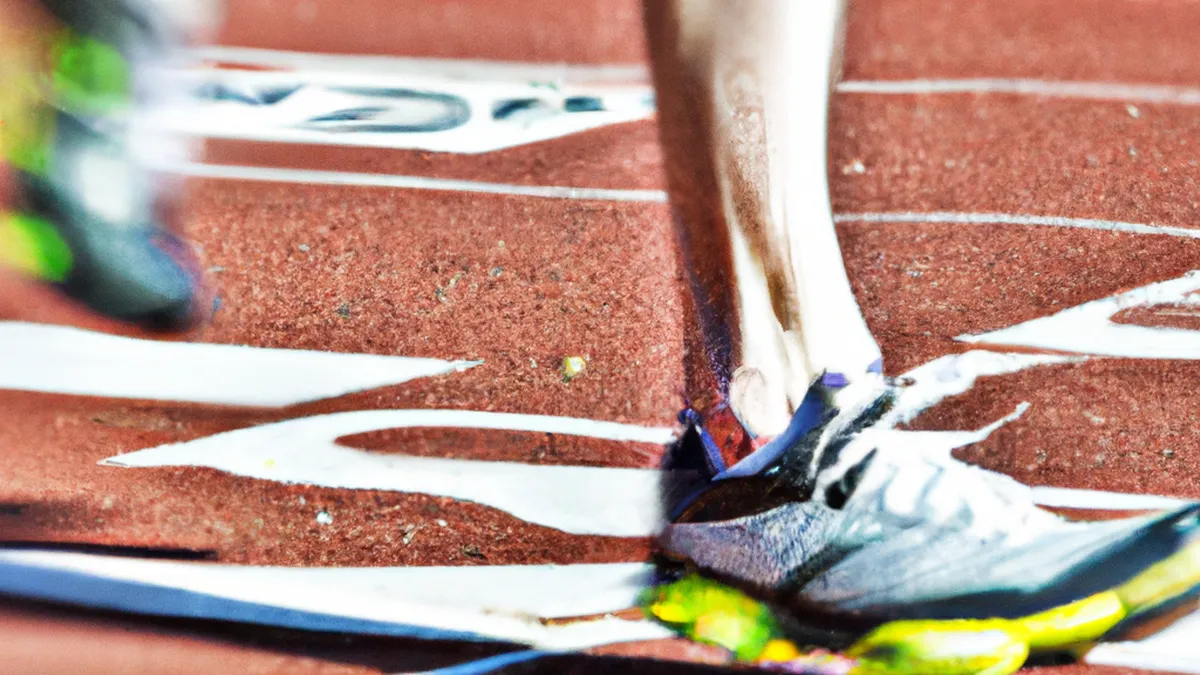Ideal Meals to Boost Athletic Performance
Pre-Game Meal Planning for AthletesAthletes must fuel their bodies properly before competitions. A well-planned pre-game meal enhances performance, endurance, and recovery. Choosing the right foods at the right time matters. Here’s how to create an effective pre-game meal plan for athletes.
Understand Your Nutritional Needs
Every athlete has unique nutritional needs based on age, weight, gender, and sport demands. Generally, athletes need a balance of carbohydrates, proteins, and fats for optimal performance. Understanding each macronutrient’s function is essential for meal planning.
Carbohydrates Are Key
Carbohydrates serve as the primary energy source for athletes, especially during high-intensity activities. Your body converts carbohydrates into glucose, storing it as glycogen in muscles and liver. This glycogen fuels your performance during exercise. For optimal results, athletes should focus on complex carbohydrates. Whole grains, fruits, and vegetables provide a steady energy release. These options offer energy and essential vitamins and minerals that support health.
Don’t Neglect Protein
While carbohydrates provide energy, protein supports muscle repair and recovery. Intense exercise damages muscle fibers, and protein helps rebuild and strengthen them. Athletes should include lean protein sources like chicken, turkey, fish, eggs, and plant-based options. Consuming protein before a game helps maintain muscle strength and boosts performance. Aim for a protein source in every meal, especially the pre-game meal.
Healthy Fats Matter
Healthy fats play a vital role in an athlete’s diet. Foods rich in healthy fats, such as avocados, nuts, seeds, and olive oil, provide essential fatty acids. These fats support brain function, hormone production, and energy levels. Be mindful of fat intake timing. Heavy fats can cause discomfort if consumed too close to game time. Include healthy fats in meals, but keep portions moderate before competition.
Timing Your Meal
As an Amazon Associate I earn from qualifying purchases.
Gear tip: consider compression sleeves, compression socks, and stopwatch to support this topic.
Timing your pre-game meal is as important as what you eat. Athletes should eat their pre-game meal 3 to 4 hours before competition. This window allows the body to digest and absorb nutrients effectively.
Pre-Game Snack Options
If you need a quick snack closer to game time—about 30 to 60 minutes before the event—choose easily digestible options that provide quick energy. Good choices include bananas, energy bars, or yogurt.
Conclusion
Proper pre-game meal planning enhances athletic performance. Focus on carbohydrates, proteins, and healthy fats. Timing your meals and snacks optimizes energy availability.
Below are related products based on this post:
FAQ
Why is a pre-game meal important for athletes?
A pre-game meal is crucial because it enhances performance, endurance, and recovery. Proper nutrition helps athletes fuel their bodies effectively before competitions, ensuring they have the energy needed for high-intensity activities.
What should athletes focus on in their pre-game meals?
Athletes should focus on a balance of carbohydrates, proteins, and healthy fats in their pre-game meals. Carbohydrates provide primary energy, while proteins support muscle repair and recovery, and healthy fats contribute to overall health and energy levels.
When should athletes eat their pre-game meal?
Athletes should eat their pre-game meal 3 to 4 hours before competition. This timing allows the body to digest and absorb nutrients effectively, optimizing energy availability for performance.















Post Comment